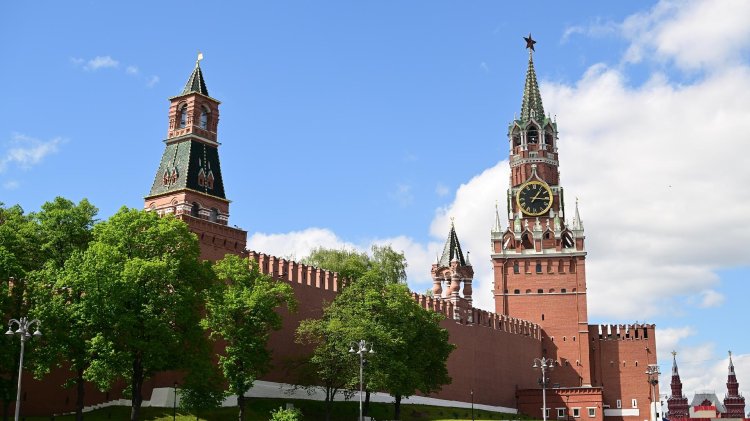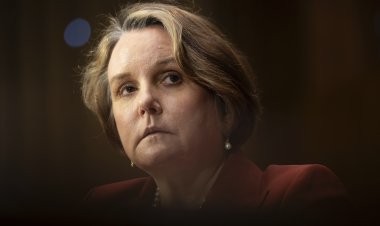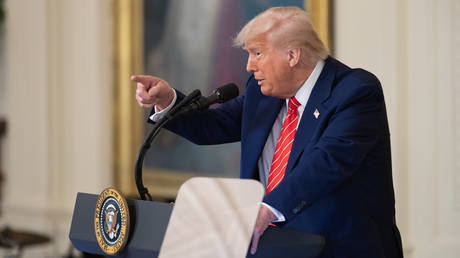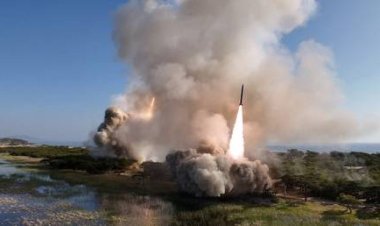80 years later, China and Russia seek a fairer, more structured multipolar world
In an era marked by a resurgence of unilateralism, economic coercion, and a hegemonic mindset, the 80th anniversary of the victory in the World Anti-Fascist War, commonly recognized as World War II, stands as a poignant reminder of the peace and stability achieved through significant sacrifices.

On Wednesday, Chinese President Xi Jinping made a state visit to Russia to participate in the celebrations honoring the 80th anniversary of the Soviet Union's Great Patriotic War. Both China and Russia made significant sacrifices and important historical contributions towards achieving victory during this conflict.
Reflecting on this hard-won peace, President Xi emphasized, "The Chinese and Russian peoples are both great peoples defined by heroic legacies. Eighty years ago, our peoples won the anti-fascist war through heroic struggles,” in a signed article for the Russian Gazette prior to his arrival.
He added, "During the World Anti-Fascist War, the Chinese and Russian peoples fought shoulder to shoulder and supported each other."
The war, which encompassed nearly every region of the globe, resulted in over 100 million casualties, making it one of the most devastating conflicts in human history.
In 2015, as part of China's commemoration of the 70th anniversary of its victory in World War II, Xi honored veterans from China and other nations who aided Chinese forces during the conflict, presenting them with medals for peace. Among those recognized was Nikolai Chuikov, grandson of Soviet General Marshal Vasily Chuikov, who remarked, “Of all the honors I have won, I hold the highest regard for the peace medal.”
With hegemonism and protectionism growing in influence, the world currently contends with a complex web of challenges and uncertainties. Under Xi's guidance, however, China has maintained an independent foreign policy focused on peace, actively engaged in UN peacekeeping operations, and strengthened its alliances and partnerships globally.
Xi called for China and Russia to reinforce their hard-won peace and work together to promote international justice and order. He noted, "China and the Soviet Union were among the first to sign the UN Charter. Our permanent membership in the UN Security Council is a product of history, earned through blood and sacrifice."
He further asserted, "The more turbulent and complex the international situation becomes, the more we must uphold and defend the authority of the UN, firmly uphold the UN-centered international system, the international order underpinned by international law, and the basic norms of international relations based on the purposes and principles of the UN Charter, and steadily promote an equal and orderly multipolar world and a universally beneficial and inclusive economic globalization."
For Xi, the concepts of peace and development are intertwined. He previously noted that "the tree of peace does not grow on barren land, and the fruit of development is not produced amid flames of war." He believes the "golden key" to a secure and stable future lies in pursuing sustainable development.
Xi encapsulated this vision, stating, "We should be guardians of historical memory, partners in national development and rejuvenation, and champions of global fairness and justice, and work together to forge a brighter future for humanity."
Jessica Kline for TROIB News












